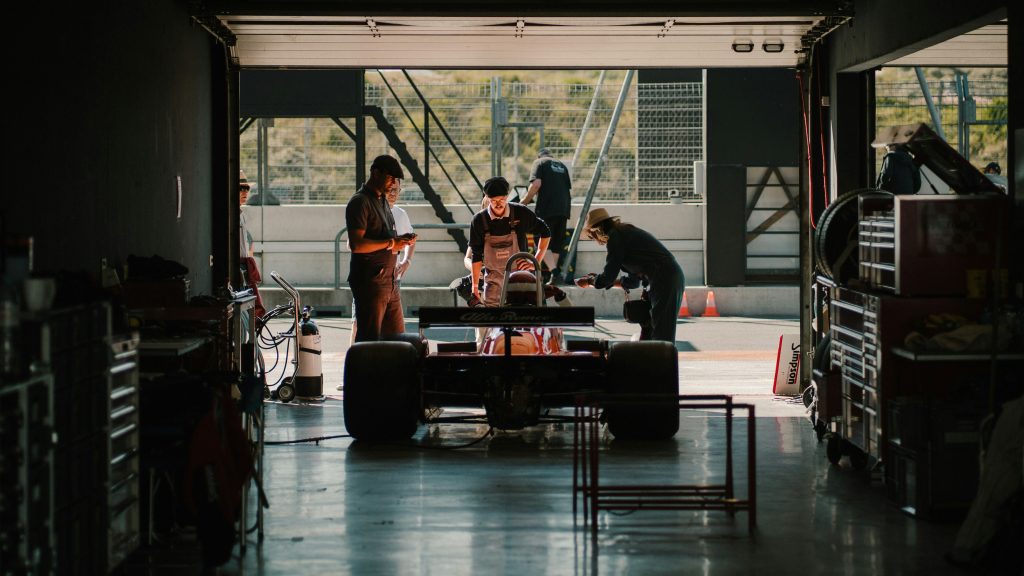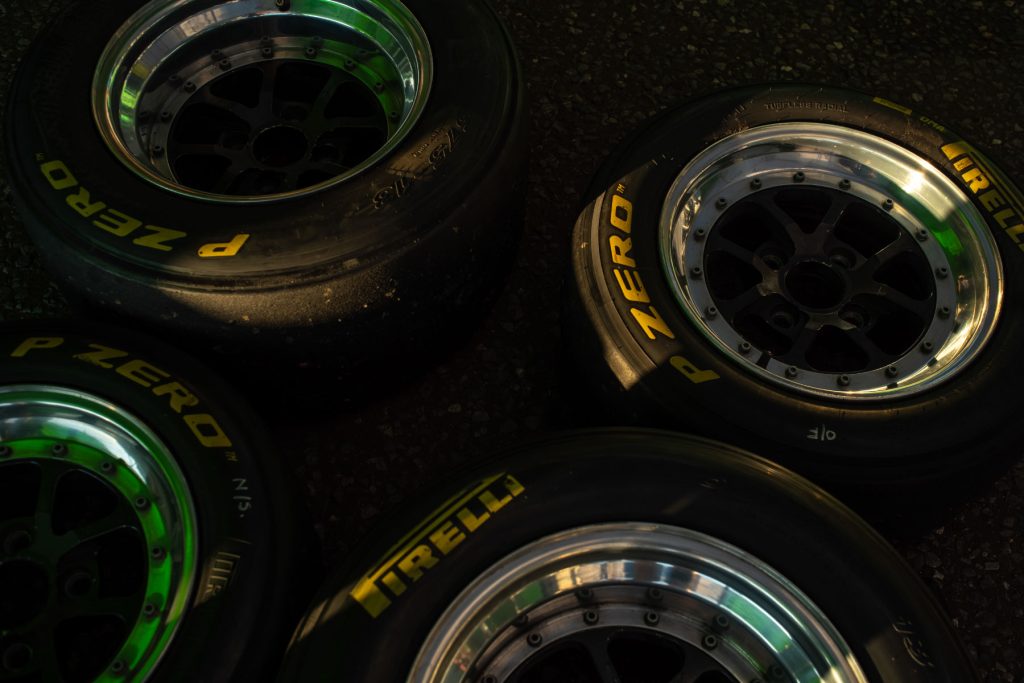Known for its cutting-edge technology and extreme speeds, Formula 1 (F1) is the highest level of international single-seater racing. To push performance to the absolute limit, F1 drivers combine strategy, technology, talent, and adrenaline. But what fuel is used to power the engines of the elite? In this article, we’ll explore more.
Is normal race fuel used in Formula 1 engines?
Before addressing this question, it’s important to note that there is no such thing as ‘normal race fuel’. Of course, all fuels in this category will share common characteristics such as higher octanes and heat tolerance that allow them to support engines under extreme conditions. However, there are a plethora of technologies and specifications that can be used to create a racing fuel. And, as a result, the products available vary greatly, from sustainable biofuel blends such as SUSTAIN Racing GT80 to leaded or diesel products.
That said, when it comes to Formula 1, the fuel you can use is tightly controlled by the sport’s governing body, the Fédération Internationale de l’Automobile (FIA). So, not only does it have to perform under the most testing of conditions, it also has to align with strict regulations about its composition and properties.

How are the race fuels used in Formula 1 different?
F1 cars run on highly specialised fuel blends formulated for maximum performance and efficiency. The fuel’s chemistry is more unique than traditional race fuels due to the specific challenges you get from F1 engineering, such as engine loads and durability. The engine architecture in F1 cars is also very different. As such, the fuels are designed to bring out the best in both the fuel and engine designs.
Acceptable F1 fuels also have to meet the most recent criteria outlined by the FIA. You can explore the 2024 version here. These requirements stipulate numerous criteria and testing methodologies, from a minimum RON of 87 (according to ASTM D 2699/D 2700) to a maximum final boiling point of 210℃ (according to ISO 3405).
Other key differences include:
- Biofuel component: Since 2022, the FIA has demanded that all F1 fuel must contain at least 10% sustainable ethanol as part of its push toward sustainability. Fully sustainable fuels are also already mandated in certain FIA competitions, such as the FIA World Rally. This volume is due to increase in 2026. We’ll discuss this in more detail below.
- Octane rating: F1 fuel has a high octane rating, similar to high-performance racing fuels, allowing engines to operate at extreme efficiency.
- Custom blends: Each team works with their fuel supplier to develop a unique blend optimised for its engine. The engine is then typically highly tuned against a specific blend, or even batch, of fuel that the team will not deviate from to avoid engine damage.
- 5/30 rule: F1 race fuels must also follow what is commonly referred to as the 5/30 rule. This means the total of individual hydrocarbon components used in the blend at concentrations of less than 5% (m/m) must constitute at least 30% (m/m) of the fuel.

What changes are coming to Formula 1 fuel requirements in 2026?
The FIA has pledged to further its sustainability commitments through the provision of FIA-certified 100% sustainable fuels. This is scheduled to be deployed in F1 racing in 2026. From here, it will then move to wider racing disciplines, furthering the organisation’s efforts to promote responsible racing and establish new benchmarks for the industry.
In 2024, the FIA made the following announcement:
“For the 2026 Formula 1 season, the FIA has mandated the use of 100% sustainable fuel derived from ‘Advanced Sustainable Components’ (ASCs), ensuring they are sourced from non-food biomass, renewable feedstock of non-biological origin or municipal waste, and meet stringent greenhouse gas emissions thresholds. These regulations are designed to be compatible with the requirements of the existing fleet of over 1 billion internal combustion engines (ICEs) worldwide, demonstrating the potential for broader adoption beyond motorsport and everyday drivers.”
There’s no doubt that the quest to transition away from fossil fuels in the F1 is complex and requires careful consideration. However, it is possible. And, in the meantime, there’s a great deal of innovation that is being unearthed along the way. This innovation will filter into wider motorsports, securing a brighter future for the ICE engine and all who enjoy it.
Does SUSTAIN offer 100% sustainable racing fuel?
Yes! Our SUSTAIN Racing range includes blends with various levels of sustainable content, from 40% all the way up to 100%. This means that wherever you are on your sustainability journey, there’s a product to help you reduce your reliance on fossil fuels and greenhouse gas emissions. Using our dedicated labs and expert technicians, we can also create bespoke blends on request.
In summary, whilst the concept of ‘normal race fuel’ is flawed, certain requirements and regulations apply specifically to fuels used in Formula 1. If you’d like to speak to our team about your racing fuel needs, do get in touch. Alternatively, check out other articles with our education hub on racing, fuels and wider motoring.





